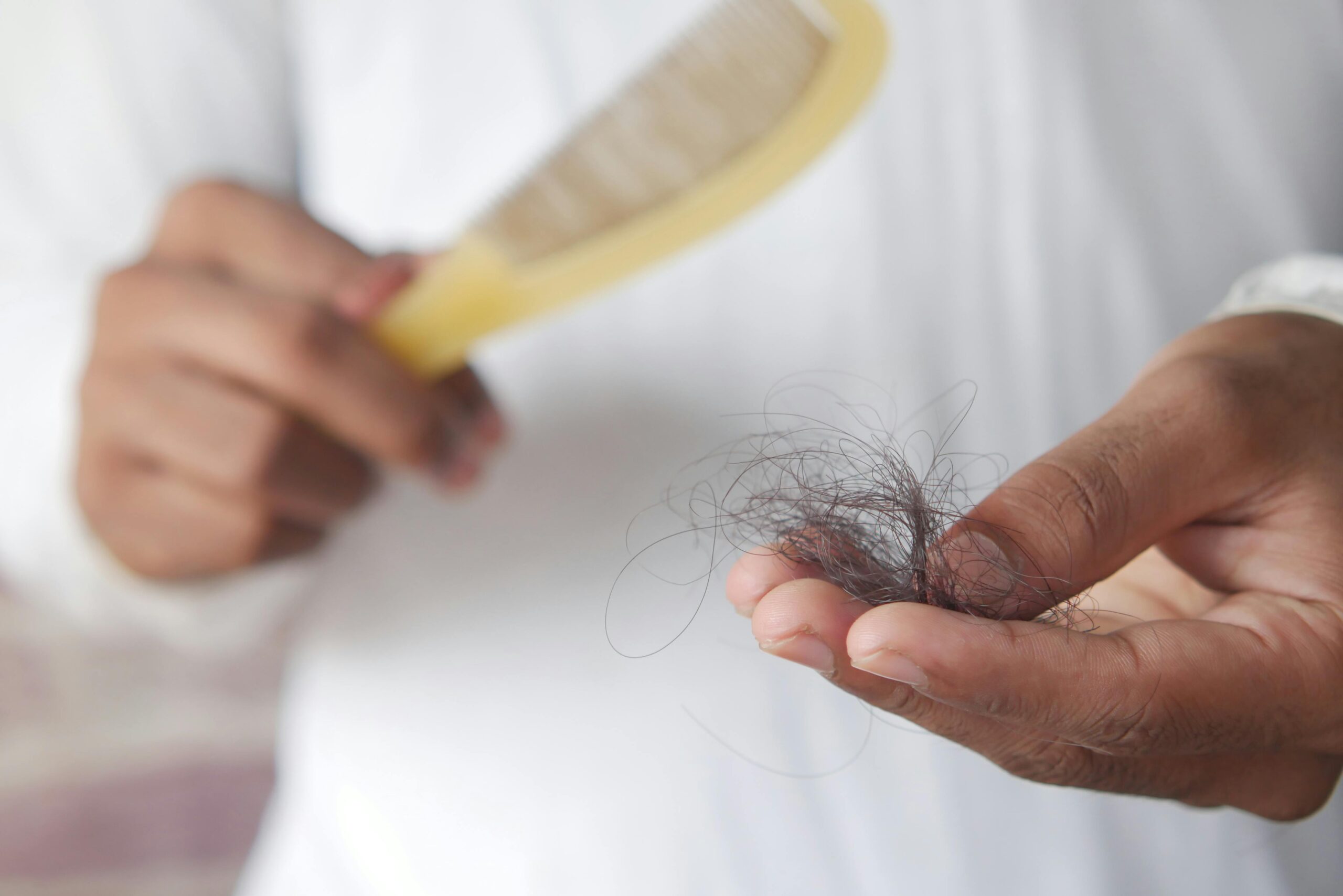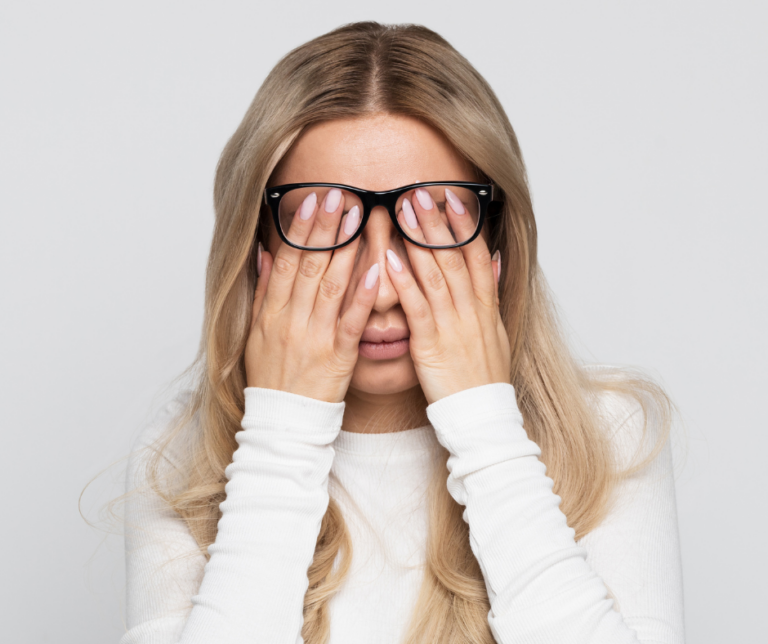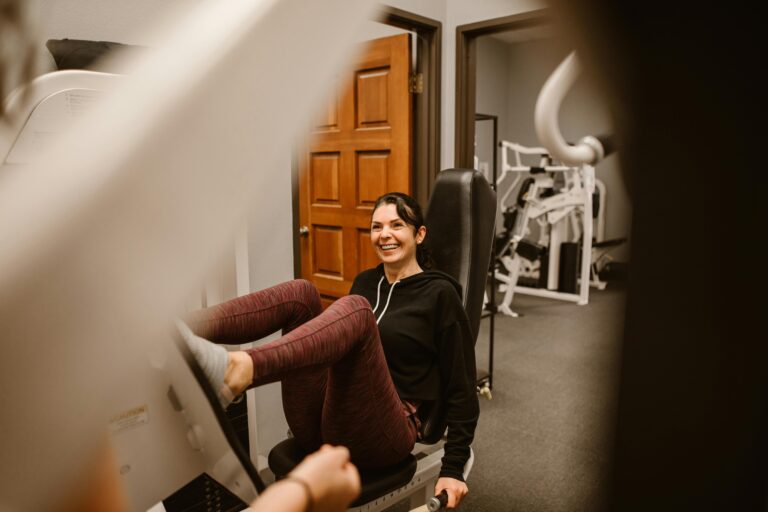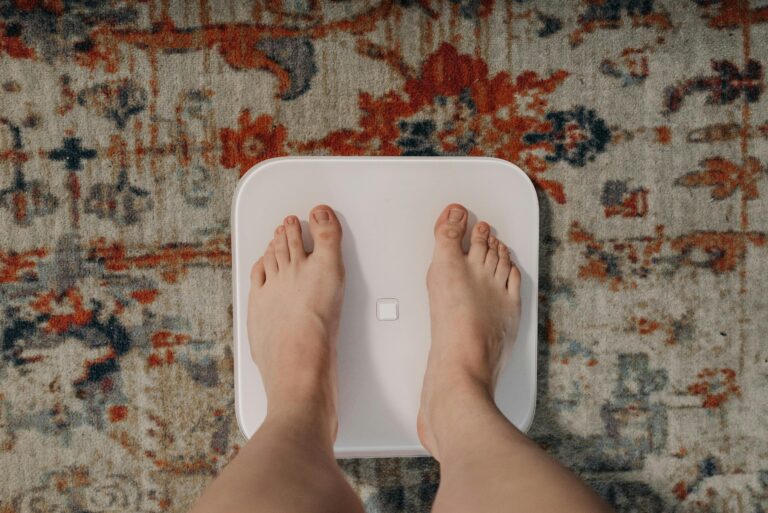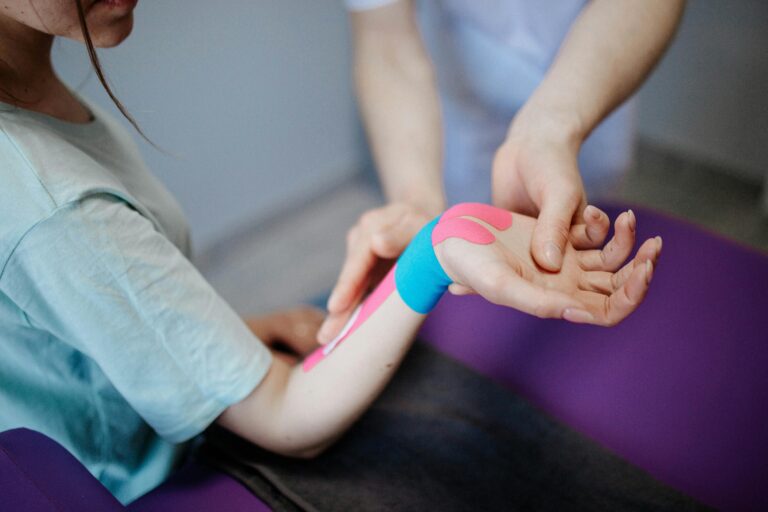Does HRT Help with Hair Loss?
If you’ve noticed your hair thinning or shedding more as you approach menopause, you’re not alone.
Many women experience this change and ask the same question: does HRT help with hair loss?
Hormone replacement therapy (HRT) can support healthier hair for some women, but the results depend on your unique hormone balance, the type of HRT, and other factors.
Below, we’ll look at what the science says, when HRT may help, when it may cause hair loss, and what else you can do to protect your hair.
How Hormones Affect Hair
Your hair grows in cycles.
Estrogen keeps hair in the growth phase (anagen) longer, which supports thicker, fuller strands.
Progesterone helps counterbalance androgens, hormones like testosterone and dihydrotestosterone (DHT) that can shrink hair follicles.
During menopause, estrogen and progesterone decline while the relative influence of androgens increases.
This hormonal shift often leads to thinning, shedding, and slower growth, which explains why so many women search for answers about HRT and hair loss.
Does HRT Help with Hair Loss?
Research suggests that restoring estrogen and progesterone through HRT can reduce shedding and support hair regrowth.
For example:
- A 2020 review noted that estrogen therapy can lengthen the hair growth phase, improving density in some women.
- Clinical studies on bioidentical progesterone show it has a neutral or protective effect on hair, unlike some synthetic progestins.
- Many women report noticing less shedding within 3–6 months of starting HRT, although results vary.
The bottom line: HRT can help, but it isn’t guaranteed.
Your results will depend on the type, dosage, and delivery method of hormone therapy you use.
Can HRT Cause Hair Loss?
One concern is: does HRT cause hair loss?
In some cases, yes.
Certain synthetic progestins used in combined HRT can have androgenic side effects, which may actually trigger or worsen hair thinning.
If you start HRT and notice more shedding, it could be due to the formulation.
Switching to bioidentical hormones or adjusting the dosage often improves the issue.
That’s why working with a specialist is so important.
Types of HRT and Their Effects on Hair
Not all HRT options affect hair the same way.
Here’s a simplified look:
| Type of HRT | Possible Effect on Hair | Notes |
| Estrogen-only therapy | May improve hair density and reduce shedding | Typically for women without a uterus |
| Estrogen + synthetic progestin | Mixed results; some progestins may worsen hair loss | Depends on progestin type |
| Estrogen + bioidentical progesterone | Often better tolerated for hair; may reduce thinning | Common in individualized therapy |
| Delivery: oral pills | Stronger systemic effects; may increase side effects | Depends on dosage |
| Delivery: patches or gels | More stable hormone levels; often easier on hair | Popular in menopause care |
| Pellets or injections | Longer-acting; results vary | Must be carefully monitored |
What to Expect if You Try HRT for Hair Loss
If HRT helps your hair, you’ll usually notice reduced shedding and thicker regrowth within 3–6 months.
Full results may take up to a year.
It’s important to set realistic expectations, HRT can slow or stabilize hair loss, but it typically won’t restore your hair to how it looked in your twenties.
Supporting Hair Health Beyond HRT
Because hair loss has many causes, the best results often come from combining HRT with other strategies, such as:
- Checking thyroid, iron, and vitamin D levels
- Eating enough protein and key nutrients like zinc and biotin
- Using topical treatments like minoxidil
- Avoiding harsh chemical styling or excessive heat
- Managing stress, which can accelerate shedding
This holistic approach gives your hair the strongest foundation for growth.
Local Insight: Hair Loss and Women’s Health in Mississippi
In Mississippi, many women struggle with access to menopause-focused care and specialized hair loss treatments.
By tailoring HRT to your unique needs and combining it with nutritional and lifestyle support clinics like Women’s Wellness of Mississippi can help women in our community regain confidence and take control of their health.
The Bottom Line
So, does HRT help with hair loss?
For many women, yes, it can reduce shedding and support stronger growth during and after menopause.
But HRT isn’t the only factor.
The type of therapy, your hormone balance, and other health factors all matter.
At Women’s Wellness of Mississippi, we specialize in personalized hormone therapy and women’s health solutions.
If hair loss is affecting your confidence, we can help you explore whether HRT, or a combination of treatments, might be the right next step for you.
FAQs
Which HRT is best for hair loss?
Estrogen therapy combined with bioidentical progesterone is often considered best for supporting hair health, since synthetic progestins may sometimes worsen shedding.
What hormone are you lacking if your hair is falling out?
Many women experience hair loss when estrogen and progesterone decline during menopause, but thyroid imbalances, low iron, and high androgens like DHT can also play a role.
Which female hormone helps with hair growth?
Estrogen is the main female hormone that supports longer hair growth phases, while progesterone helps by balancing androgens that can damage hair follicles.
Should I stop taking HRT if my hair is falling out?
Not necessarily. Hair loss on HRT is often linked to the type or dose of hormones, and adjusting your treatment plan under medical guidance may resolve the issue.
Does HRT help with hair regrowth?
Yes, many women notice less shedding and fuller hair after starting HRT, especially when hair loss is linked to low estrogen during menopause.
Does HRT cause hair loss?
In some cases, yes. Certain synthetic progestins can have androgenic effects that contribute to thinning, but bioidentical options are usually better tolerated.
How long does it take to see results?
Most women notice changes in three to six months, but it can take up to a year for fuller results depending on the individual and the type of therapy.
Can low estrogen cause hair loss?
Yes, declining estrogen levels shorten the growth phase of hair and contribute to thinning, which is why menopause often coincides with increased shedding.


